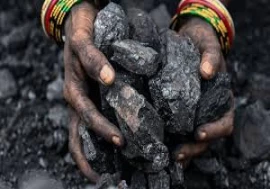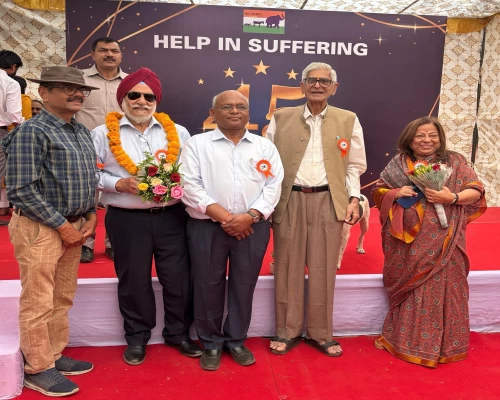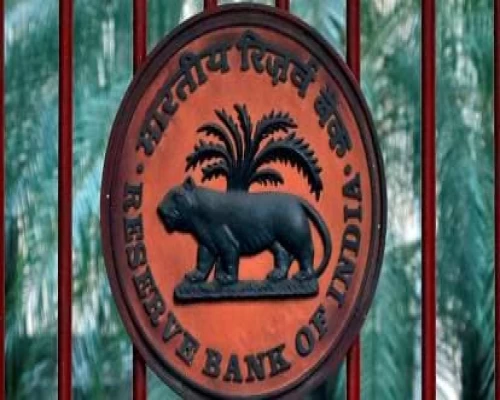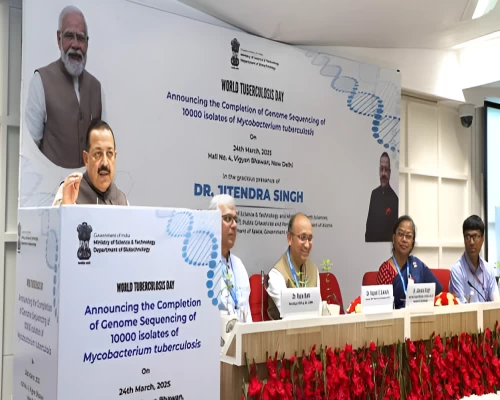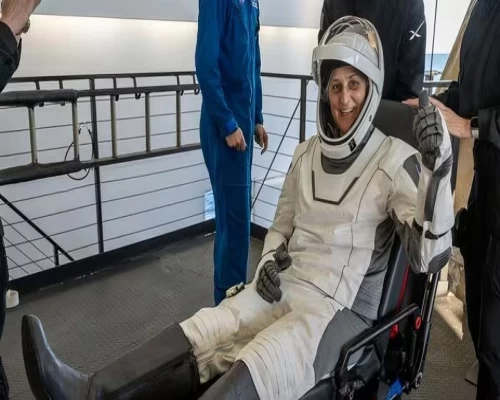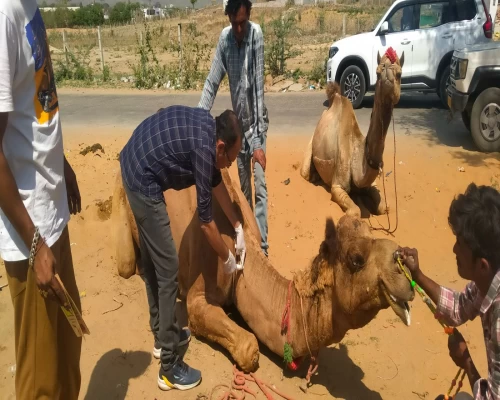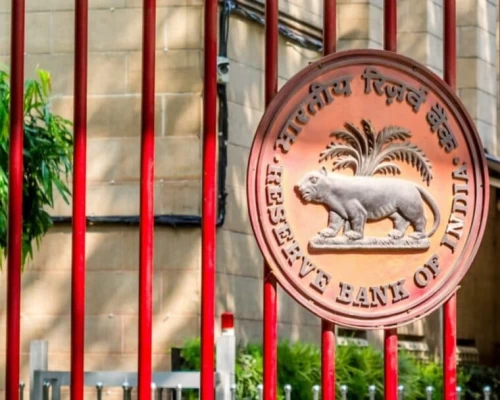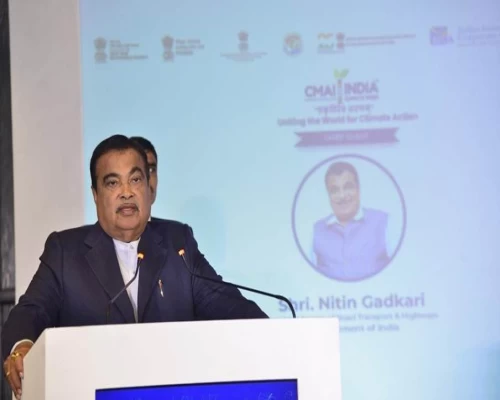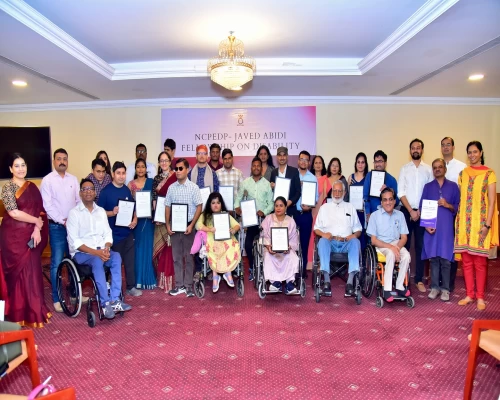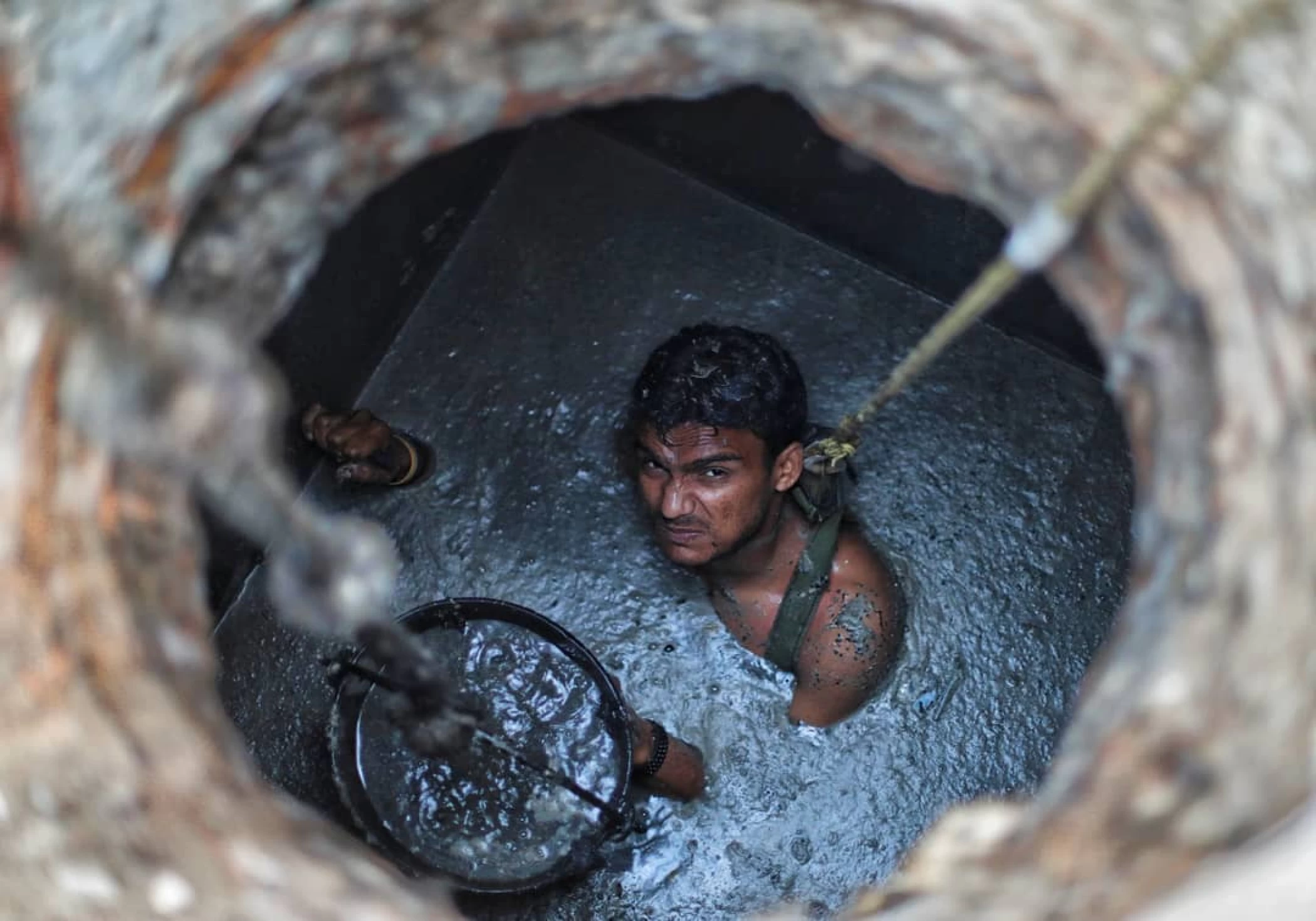
Mumbai: The National Human Rights Commission (NHRC) has taken suo motu cognisance of media reports indicating that every year, before the onset of monsoon, Mumbai municipal authorities engage 'seasonal sanitation workers' to manually clean approximately 2200 km of stormwater cum sewage drain networks. This practice amounts to 'manual scavenging', which is prohibited under Indian law. The absence of separate sewer lines from stormwater drains in Mumbai reportedly violates Section 239 of the Mumbai Municipal Corporation Act, 1888, suggesting that the 'de-silting of stormwater drains' is a superficial measure to bypass the liabilities associated with banned manual scavenging.
According to the reports, the authorities refer to these workers as 'seasonal sanitation workers' to circumvent the ban on manual scavenging, a punishable offence. In cases of deaths, the government reportedly fails to recognise these workers as manual scavengers, denying them entitlements to various forms of rehabilitation, including cash assistance.
These workers migrate to Mumbai between March and May each year to clean the drains, residing in a temporary slum colony in the Ghatkopar area. It is also reported that their minor children work as daily wage labourers when not attending school. A 2022 report by the Rehabilitation Research Initiative and South Asian Labour Network highlighted that Maharashtra is home to 12,562 child labourers, the highest number in India, with most boys aged 8-13 years working as manhole cleaning assistants.
The NHRC has expressed concern that if the contents of the news report are true, they raise serious issues of human rights violations. The so-called 'seasonal sanitation workers' are reportedly forced to enter sewer lines without safety gear. The Commission noted that simply labelling them as 'seasonal sanitation workers' does not absolve contractors or employers from the legal obligations under the Prohibition of Employment as Manual Scavengers and their Rehabilitation Act, 2013, as well as the Supreme Court's guidelines and NHRC advisory.
The Commission has issued notices to the Chief Secretary, Government of Maharashtra, requesting a detailed report on the matter, covering all the issues raised in the news report. The report should also detail the steps taken or proposed to address these issues. The NHRC has also asked whether there is any proposal or project under consideration to separate sewer and stormwater drains in Mumbai. The response is expected within four weeks.
The Commission has consistently advocated for a total ban on hazardous cleaning activities without adequate and proper protective safety gear or equipment. It has also promoted the use of work-friendly, technology-based robotic machines, and has called for accountability from the concerned authorities in cases where a sanitary worker dies while undertaking hazardous cleaning work.
Additionally, the NHRC issued an advisory on 24th September 2021, concerning the protection of human rights for those engaged in hazardous cleaning. The advisory, directed at Union, State Governments, and local authorities, aims to ensure the complete eradication of such practices. It specifically states that in cases of sanitary or hazardous cleaning work, local authorities and contractors or employers should be held jointly and severally responsible, regardless of the type of hiring or engagement of the sanitary workers.
The Supreme Court's decision in Safai Karamchari Andolan & Ors. vs. Union of India and Others (WP(C) No. 583 of 2003), dated 27th March 2014, mandates that local authorities and other agencies must use modern technology for cleaning sewers. /BI



